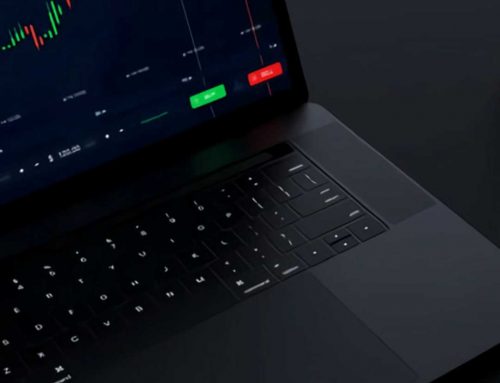What Are Forwards?
The Short Explanation:
Forwards are a derivative instrument, much like Futures, meaning they are an agreement between two parties to buy or sell an asset for a predetermined price at a future date. Where Forwards differ from Futures though, is that they are customisable and not traded on the exchange but they are traded Over-The-Counter instead (OTC). This means that Forwards are not readily available or used by retail investors. Instead, they are mostly used by hedgers trying to reduce the volatility of of an asset’s price.
In trading, a forward is a financial contract in which two parties agree to buy or sell an asset at a specific price at a future date. Forwards are considered to be a type of derivative, as their value is derived from the underlying asset.
Forwards are typically used by traders as a way to hedge against price movements in the underlying asset, or to speculate on the future direction of prices. They can be used in a variety of markets, including currency, commodities, and securities markets.
The terms of a forward contract are typically negotiated between the two parties involved, and the contract is typically not traded on an exchange. This means that forwards have greater flexibility than futures contracts, which are standardized contracts traded on exchanges.
In a forward contract, the buyer agrees to purchase the underlying asset at a specific price on a specific date in the future, while the seller agrees to sell the asset at that price on that date. The price is determined at the time the contract is entered into, and is known as the forward price.
The buyer of a forward contract is said to be “long” the contract, while the seller is said to be “short” the contract. The buyer is hoping that the price of the underlying asset will rise, while the seller is hoping that it will fall. If the price of the underlying asset moves in favor of the buyer, the buyer can sell the contract at a profit. If the price moves in favor of the seller, the seller can buy the contract back at a lower price and realize a profit.
One important aspect of forwards is that they involve a physical delivery of the underlying asset. This means that the buyer must take possession of the asset at the expiration of the contract, while the seller must deliver the asset. This distinguishes forwards from futures contracts, which are typically settled in cash rather than through the physical delivery of the underlying asset.




